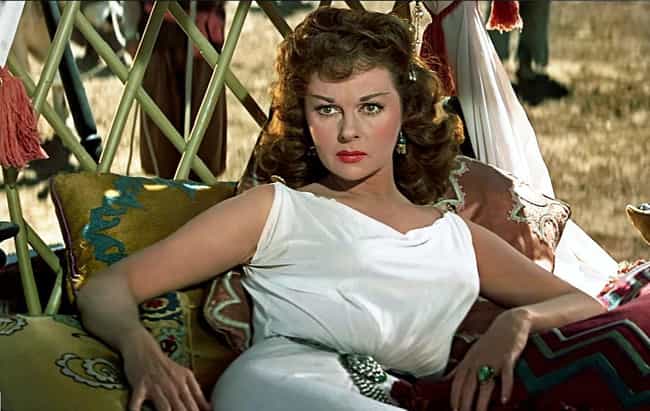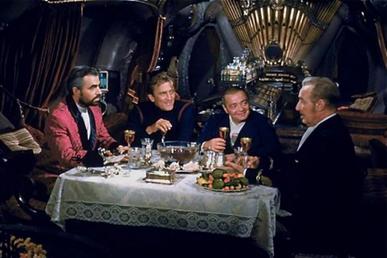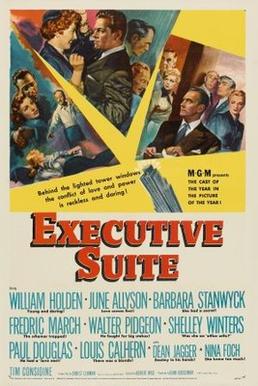THE GODFATHER PART III
"Just when I thought I was out, they pull me back in".
This is one of the most quoted lines from whole of The Godfather saga, which is curious given how poorly most fans think of The Godfather Part III. That line could serve as The Godfather Part III's theme given how nearly everyone from the first two Godfather films was essentially roped into this. This film is a sad way to end the tale of Michael Corleone's fall. More a set of The Godfather's Greatest Hits, The Godfather Part III is a confused mishmash of plots and performances with only one genuine bright spot.
It's a bit hard to give a general plot summary of The Godfather Part III given that the film throws a lot at the viewer in terms of story and characters, but here goes. Michael Corleone (Al Pacino) is attempting to not just become a legitimate businessman but a respectable one, currying favor from the Catholic Church to metaphorically cloak his sins. He faces troubles all around him however.
Michael's son Anthony (Franc D'Ambrosio) wants to become an opera singer versus joining the family business. Michael's daughter Mary (Sofia Coppola) is essentially an unwitting front for the shady Vito Corleone Foundation. With Tom Hagen dead and his son Andrew (John Savage) a priest, Michael relies on his business manager Harrison (George Hamilton) and sister Connie (Talia Shire) for support.
 And then there's Vincent Mancini (Andy Garcia), Michael's illegitimate nephew. Vincent wants to join the family business, but like his father Sonny, Vinnie has a fierce temper, especially towards Joey Zasa (Joe Mantegna), who is one of Michael's underlings running the old neighborhood into the ground. Aunt Connie has a soft spot for Vinnie and Michael, somewhat reluctantly, takes him under his wing.
And then there's Vincent Mancini (Andy Garcia), Michael's illegitimate nephew. Vincent wants to join the family business, but like his father Sonny, Vinnie has a fierce temper, especially towards Joey Zasa (Joe Mantegna), who is one of Michael's underlings running the old neighborhood into the ground. Aunt Connie has a soft spot for Vinnie and Michael, somewhat reluctantly, takes him under his wing.Along with Vincent and Joey's war we have Michael's involvement with the Immobiliare real estate corporation, a major business run by the Catholic Church. Getting majority control to bail out a shady Archbishop involves getting the Pope's personal approval, but Paul VI is dying and unable to. Therefore, machinations involve getting their own Holy Father on the Throne of St. Peter. Fortunately, Cardinal Lamberto (Raf Vallone) is an honest man unaware of the nefarious deals going on, but his honesty puts the new John Paul I in danger.
In all this we also get the machinations of Don Altobello (Eli Wallach), Connie's own Godfather who is up to no good himself and Vinnie's romance with Mary. Never mind that they are first cousins: somehow only Michael, weak from a diabetic stroke, seems angry about this. The price for Vincent Mancini to become Vincent Corleone and take full power: the termination of his affair with Mary, a price he is most willing to pay.
The Immobiliare plot culminates at Michael's operatic debut in Sicily to perform Cavalleria Rusticana, where those plotting against Michael and Vincent pay a bloody price but so does an innocent, leaving a weak Michael to die alone.
 In theory, there is nothing wrong with the idea for a Godfather Part III, but watching it again I sense that no one had any enthusiasm for the project. From director/co-writer Francis Ford Coppola (with Mario Puzo) to everyone returning from the first two Godfather films, it seems that no one wanted to be there. So much seemed rote, almost methodical in its mechanical nature.
In theory, there is nothing wrong with the idea for a Godfather Part III, but watching it again I sense that no one had any enthusiasm for the project. From director/co-writer Francis Ford Coppola (with Mario Puzo) to everyone returning from the first two Godfather films, it seems that no one wanted to be there. So much seemed rote, almost methodical in its mechanical nature.I could not shake the idea that Coppola in particular felt that he needed to just hit some of the same notes to try and give viewers what they supposedly liked about the first two films. It was essentially watching a cover band perform all the hits except that the cover band was made up of the original players.
Echoing Don Fanucci's death with Joey Zasa with the religious festival felt sad, especially given that having a John Gotti-like character opened up so many possibilities in terms of showing the old versus the new. Again and again The Godfather Part III could have done so much more but kept stopping.
Fine, so Robert Duvall refused to take part in the film. Why not have his son Andrew Hagen be the new consigliere? Fine, so they decided to somewhat introduce a new character, Harrison, to fill in that role. Why not have Father Andrew Hagen be part of Vatican backroom politics, aiding to help the unwitting Cardinal Lamberto ascend the throne or deal with this meddlesome Archbishop?
Instead, you have this thoroughly useless character introduced, who has no purpose or reason to be here. Same with Grace Hamilton (Bridget Fonda), a reporter attempting to uncover the truth of the Corleones. We see her at the opening party, then in bed with Vincent, and then she disappears whole-cloth from the film altogether. It was only at the opera that I realized, "Wow, Bridget Fonda hasn't been seen in well over two hours".
The Godfather Part III essentially had two plotlines: Joey Zasa and Immobiliare, either of which would have worked for a whole film. For reasons I cannot fathom Coppola opted to ram both of them but never made clear which was the one to bother with.
Plotwise the film is such a chaotic jumble one really wonders not so much what was going on but why time was taken up with one story to simply lurch to a whole new story sans rhyme or reason.
Acting-wise The Godfather Part III is a nearly universal embarrassment. Many people have singled out Sofia Coppola for blame. According to my late friend Fidel Gomez, Jr., the audience actually applauded when Mary got killed accidentally. It is true that Coppola gave a terrible performance, and that her death scene would elicit more howls of laughter than horror, but I am not going to bash Sofia Coppola for her effort.
She was put in an impossible situation. Stepping in at the last minute when Winona Ryder dropped out, Sofia was asked to do something she had little to no training for up against veterans who knew their roles inside and out. On the whole I think Sofia Coppola gave as good a performance as she could under difficult circumstances. It does not absolve her of a genuinely bad performance: her scene with Pacino asking the perhaps too-close-to-home questions "Why are you doing this? Why am I doing this" particularly stiff and uncomfortable to watch. However, it is, in retrospect, grossly unfair to single her out when just about everyone was horrendous.
As a side note, at least three times in my notes I wished that D'Ambrosio's Anthony would be the one that ended up whacked. I found his performance flatter than Sofia Coppola, even when he was in the opera. I though his character more annoying than Mary and his performance emptier.
Eli Wallach's performance was equally if not more hilariously bad. Playing Don Altobello as this tottering old fool whom the film keeps pushing as some kind of Machiavellian mastermind, his final scenes at the opera are simply too funny to be serious. It is a more laughable performance than that of Sofia Coppola. Same goes for Mantegna as Joey Zasa, so wildly camp one almost expected him to call himself "Fat Tony".
Pacino and Diane Keaton as his now-ex-wife Kay looked so bored, as if they were just saying thing while waiting for the check to clear.

The film comes alive only when Andy Garcia is on the screen. You can believe Vincent is the combination of the three Corleone brothers. He has Sonny's fiery temper and violent streak. When whacking his hated rival Joey, we see Michael's methodical ruthlessness and intelligence. When playing love scenes with Grace and Mary or in his fondness for his Aunt Connie, a little bit of Fredo's warmth comes through. Garcia was compelling, intense and magnetic as Vincent Mancini-Corleone to where a film built solely around him could have reached the heights of the first two Godfather films.
Shire, to be fair, did well as Connie to where I wish she had more time as the de facto Godmother. Hamilton too did well as the business manager Harrison.
The film does have a couple of flashes of brilliance. The whacking of Joey Zasa, while not great had potential and Pacino had one good moment when he confesses his sins to Cardinal Lamberto. Oddly, what was meant as a climatic scene when assassinating the heads of the major families via a helicopter felt almost boring, a sign of how weak the film overall was.
On the whole however, The Godfather Part III is a sad and sorry mess. Jumbled, confused, with too much going on and nearly universally bad performances save for Garcia, The Godfather Part III is a case of going to the well once too often, hitting the same beats as its predecessors but not finding their melody or rhythm.
Speak Softly Love but see this film unless it's for Garcia or for completion's sake.
DECISION: D+

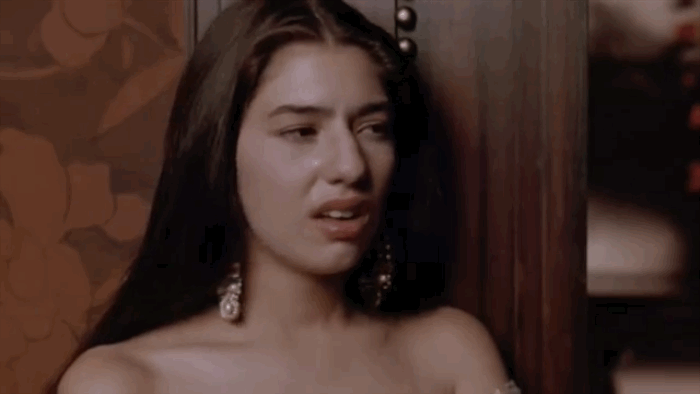


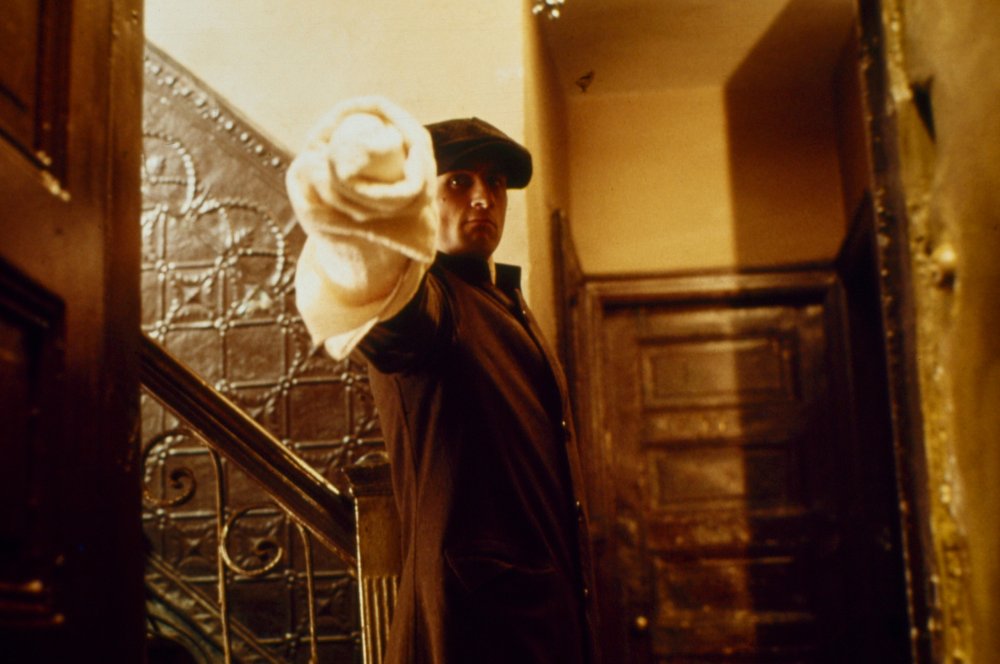
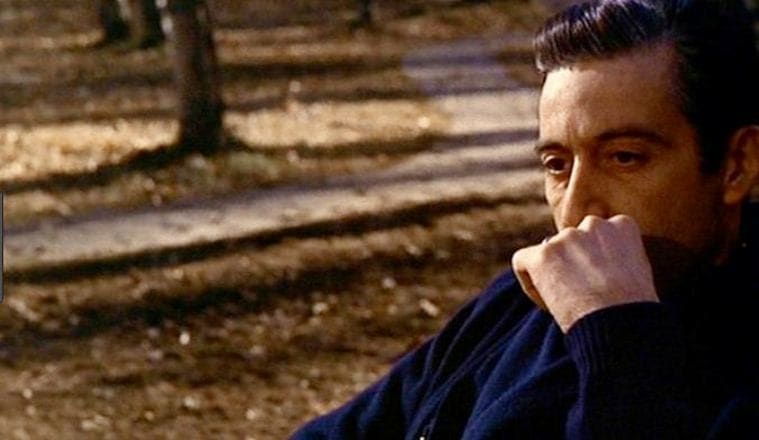
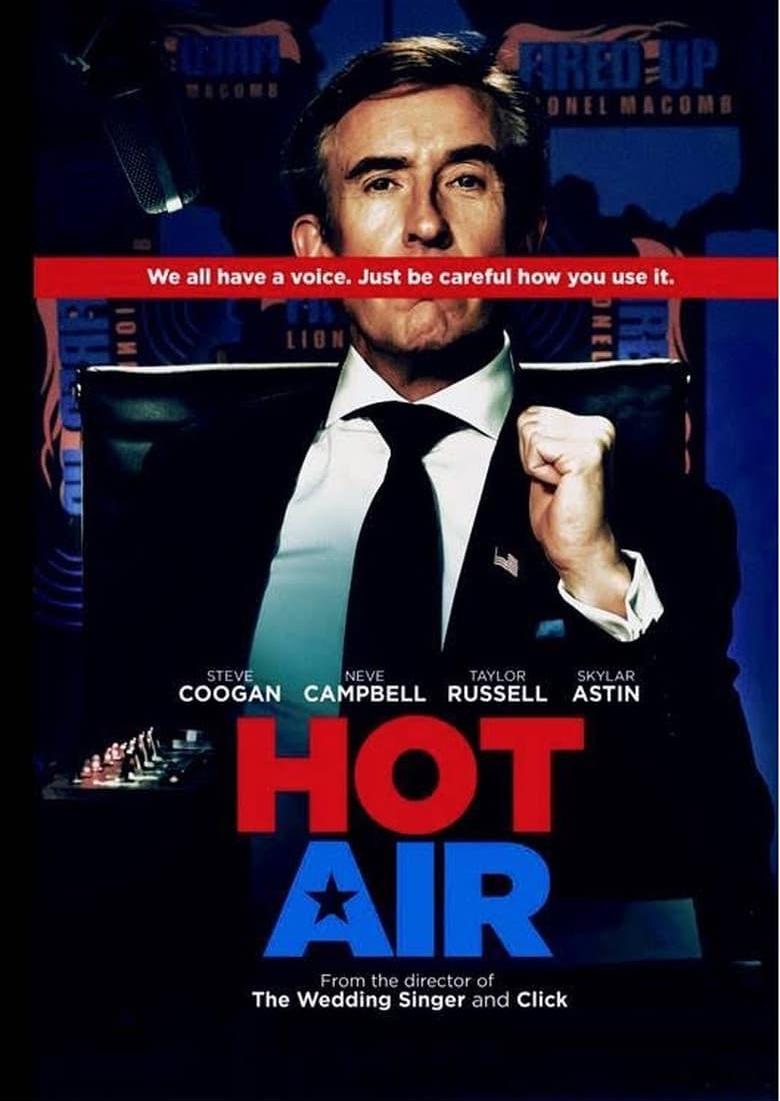

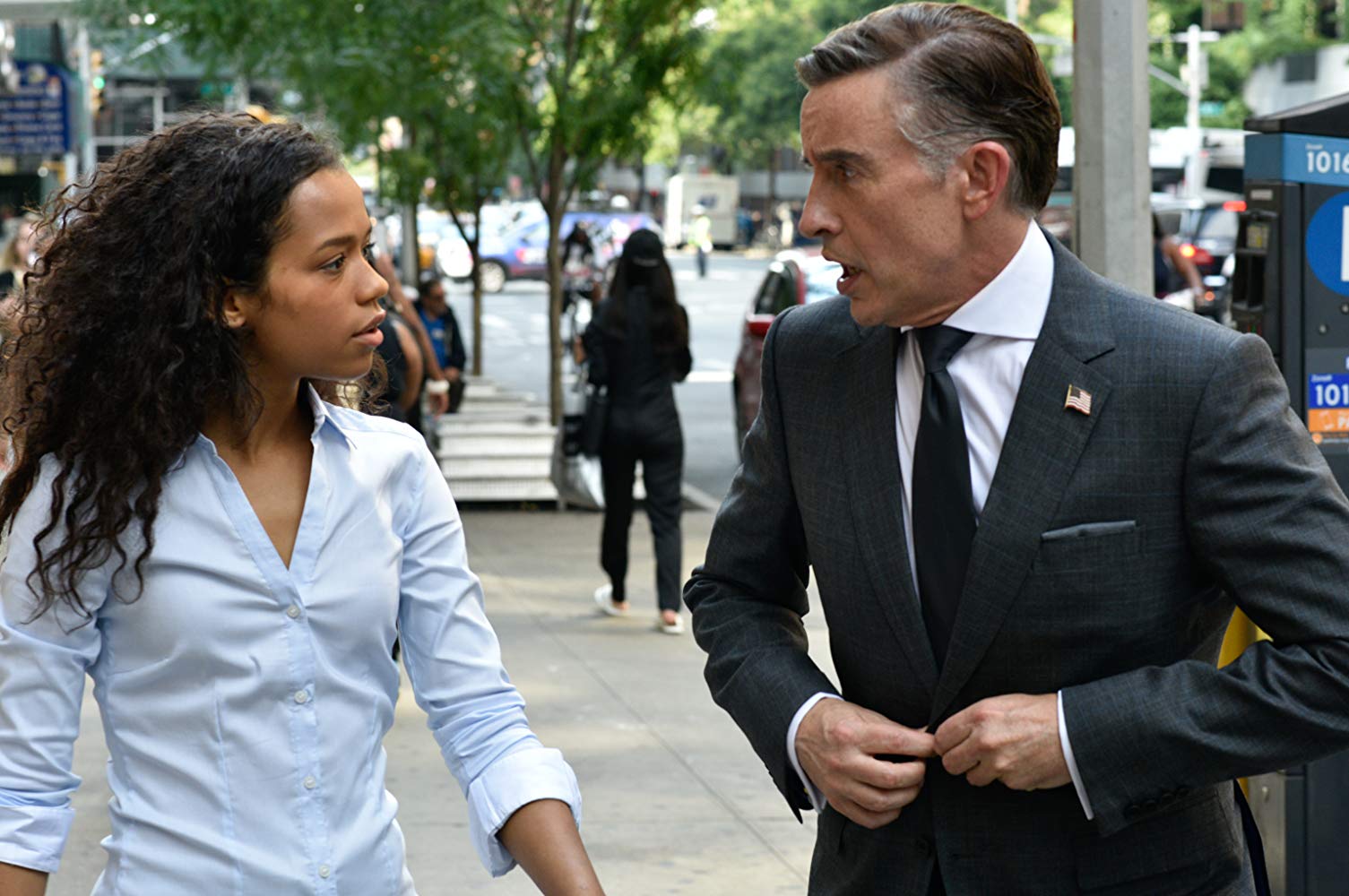
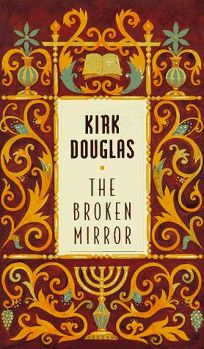

_film_poster.jpg)

